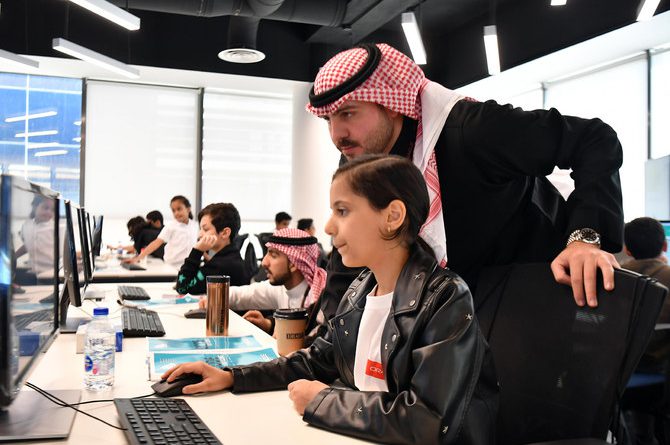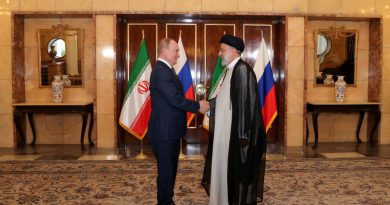OPINION: Saudi Youth are vital asset towards a prosperous economy
The youth of Saudi Arabia are a vital asset in the country’s journey towards a more diversified and prosperous economy
The Kingdom of Saudi Arabia is leveraging its young population’s energy to combat an entrenched Islamist opposition that previously limited social and economic opportunities in the country. It is crucial for policymakers in the West to recognize that the future of nations lies in the hands of their young citizens, who are often overlooked.
Most Western countries such as Italy, Germany, and Portugal face aging populations and low birth rates, leading to limited opportunities for future generations. In contrast, many countries worldwide have a different demographic reality. Approximately 42% of the global population is under the age of 25, with about 525 million people located in Southeast Asia and Sub-Saharan Africa, based on data from the World Bank. Muslim populations are growing at almost double the rate of non-Muslim populations, increasing by roughly 1.5% annually relative to 0.7%.
For leaders of countries with young and expanding populations, the future could be either promising or frightening. Such youthful nations can either nurture innovation, inclusion, and personal and economic growth or repress the aspirations of their young citizens through force. The world’s fate for decades to come largely depends on the path chosen by the Western world to support the youthful population of these countries.
Saudi Arabia, which has a young population with a median age of 27, is capitalizing on its demographic advantage to drive socio-economic development in the country. The government has launched multiple initiatives to empower its youth, such as the National Transformation Program (NTP) and the Vision 2030 plan, which aims to diversify the economy and reduce dependence on oil revenue. This shift towards a knowledge-based economy requires skilled workers, which is why the government has invested heavily in education and training programs for its young citizens.
Moreover, the government is also promoting entrepreneurship and innovation, recognizing that the youth can contribute to the country’s development by creating new businesses and technologies. In 2019, the Saudi Arabian General Investment Authority (SAGIA) launched the “Invest Saudi” campaign to attract international investors and provide opportunities for young entrepreneurs to establish startups in the country. The country’s burgeoning tech startup ecosystem is providing jobs for young Saudis and diversifying the country’s economy.
However, Saudi Arabia also faces challenges in enabling its youth to realize their full potential. The country’s conservative social norms and gender biases have traditionally hindered the participation of women in the workforce and social activities. The government is working to address this issue by promoting female education and lifting restrictions.
The Western world has a role to play in supporting the youth of countries like Saudi Arabia. By offering educational and employment opportunities, Western countries can equip young Saudis with the skills and knowledge necessary to drive economic growth and innovation in their country. Furthermore, by advocating for human rights and freedoms, Western countries can help create a more inclusive and open society in Saudi Arabia, where the youth can fully participate in shaping their country’s future.
At the same time, Western countries could also learn from Saudi Arabia’s emphasis on investing in youth development. In many Western countries, the aging population poses a threat to economic growth and sustainability, and there is a growing need for skilled workers in fields such as technology and healthcare. By investing in education and training programs for young people, Western countries can help ensure a sustainable future for their economies.
In conclusion, the youth of Saudi Arabia are a vital asset in the country’s journey towards a more diversified and prosperous economy. The government’s focus on youth empowerment and entrepreneurship is commendable, but it must also address issues to enable all young Saudis to fully participate in their country’s development. Western countries can play a constructive role in supporting the youth of Saudi Arabia, while also learning from their successes in youth development.
Disclaimer: Views expressed by writers in this section are their own and do not reflect Milli Chronicle’s point-of-view.



